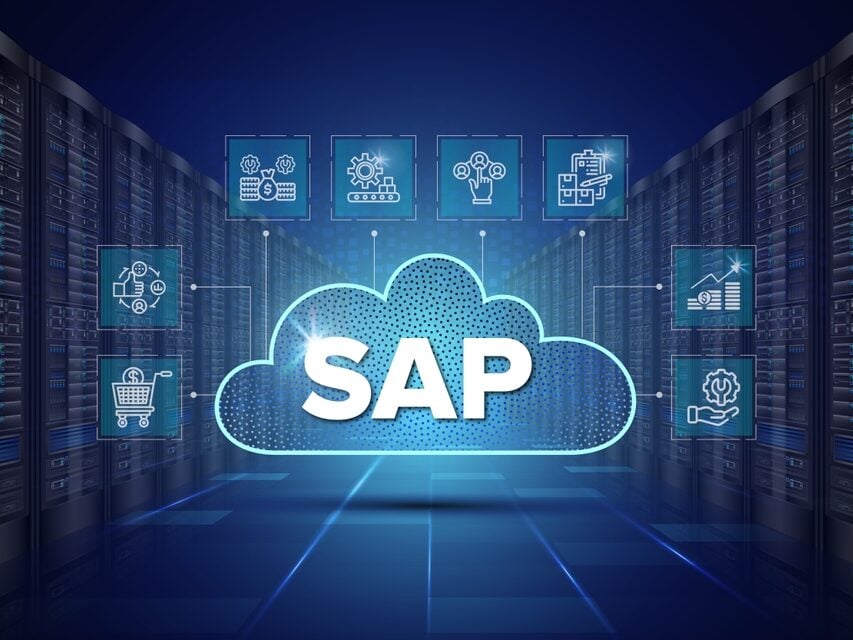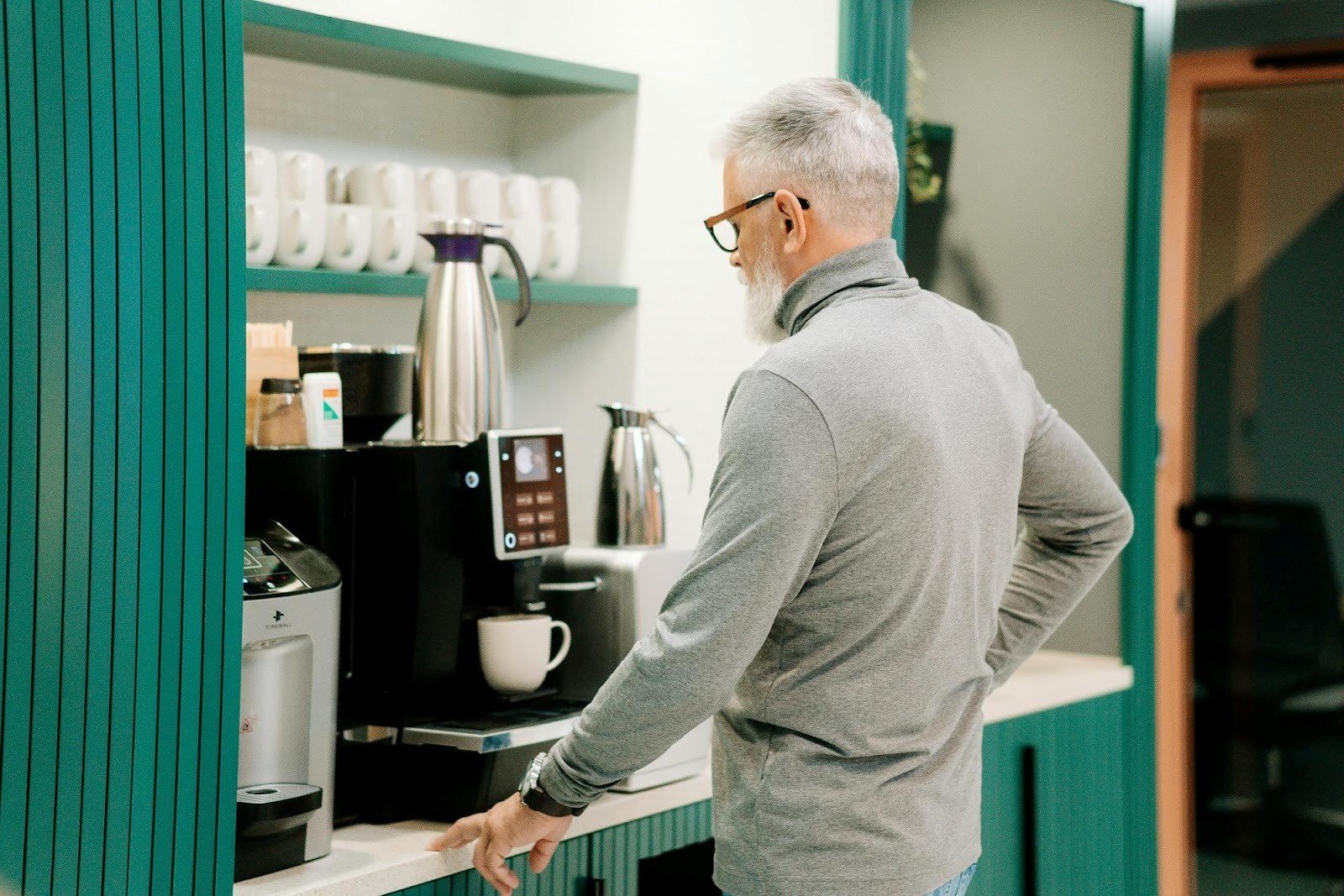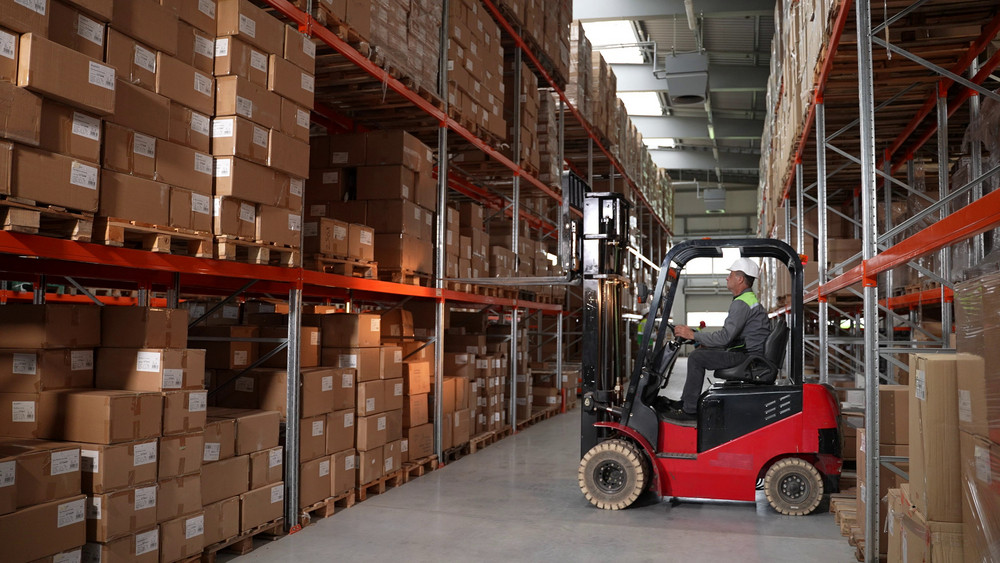Challenges in Container Tracking and How Technology is Addressing Them


It is an undisputed fact that the global logistics industry relies heavily on the smooth transport of shipping containers. These are, in fact, the building blocks of international trade and carry billions of dollars worth of goods across the oceans and borders. On the other hand, tracking and managing containers presents a host of issues. In an era where technology plays an overriding role in shaping the modern world, technology is transforming the way we trace and manage containers.
Key Challenges in Container Tracking
1. Lack of Real-Time Visibility
The major challenge in tracking containers is real-time visibility. Traditionally, container tracking was manual; hence, information was updated only at major checkpoints, such as at a port or customs. These spaces delay data, so it becomes tough for shippers and logistics managers to precisely know where their cargo is and in what condition. Accordingly, there are delays, misplacements, and losses without timely action.
2. Geographical Complexities
These containers often cross many countries and oceans, passing through very intricate and fragmented logistics networks. Each country or region can have its own set of regulations, infrastructure, and communication systems that can further fragment the tracking of containers. In some remote areas, for instance, connectivity may be far less adequate. Therefore, no updates may be received in a timely manner about the status of a container.
3. Human Error and Inefficiencies
Manual data handling in container tracking leads to inaccuracy. This opens up a wide array of mistakes, which could include anything from an error in the actual logging of the container movement to even simple data entry. These inefficiencies lead to slowdowns in operations and less overall transparency. There is a high chance of miscommunication when coordinating among shipping lines, ports, customs officials, and trucking companies.
4. Security and Theft
Cargo theft is a global supply chain problem. It is estimated that $50 billion in cargo theft occurs every year around the world. This vulnerability is exceptionally high at key transition points, including, but not limited to, ports, rail yards, and trucking depots. The inability to track containers in real time raises the danger levels of theft, tampering, and illicit traffic. Thereby, incurring financial loss and compromising security for all businesses.
5. Environmental Conditions
Many containerized goods are perishable under critical environmental conditions concerning temperature, humidity, or barometric pressure. Most traditional tracking systems cannot provide current environmental tracking for items shipped. Thus, leading to the spoilage of perishable goods or the damaging of sensitive materials. This especially hampers industries such as pharmaceuticals and food and beverages, which deal with products whose quality is directly affected by the conditions within their containers.
How Technology is Addressing These Challenges
IoT and Real-Time GPS Tracking
Currently, IoT is one of the advanced technologies that track containers in real-time via GPS or through condition monitoring. IoT sensors on containers can deliver real-time data from location to temperature, humidity, and pressure to a centralized platform. As a result, it will enable a logistics manager to track continuous container movement across borders and oceans in remote areas. This minimizes risks of theft and environmental damage. An example of this is the release of the RCM system by Maersk, a remote container management system that allows the monitoring of refrigerated containers in real time to preserve the optimal conditions for perishable goods.
Blockchain for Data Transparency
Where the logistics network is often fragmented and non-transparent, blockchain offers a solution. Blockchain technology provides a decentralized, immutable record of every container’s journey to reduce fraud, miscommunication, and human error. With this everybody has the same data. Hence, transparency, and trust are achievable within the supply chain. That includes the IBM-Maersk joint blockchain platform, TradeLens, which major shipping lines are adopting in an effort to improve data sharing and collaboration in container tracking.
Container tracking has been one of the biggest headaches in global supply chains, considering lack of visibility, geographical complexities, human error, and theft. The Internet of Things, blockchain, AI, and smart ports are deeply changing how technologies operate in container tracking. Thus, making it more transparent, secure, and productive. With the continuing development of these technologies, the future in container tracking will be even more reliable and smooth. This is a great advantage for all business people and consumers.









